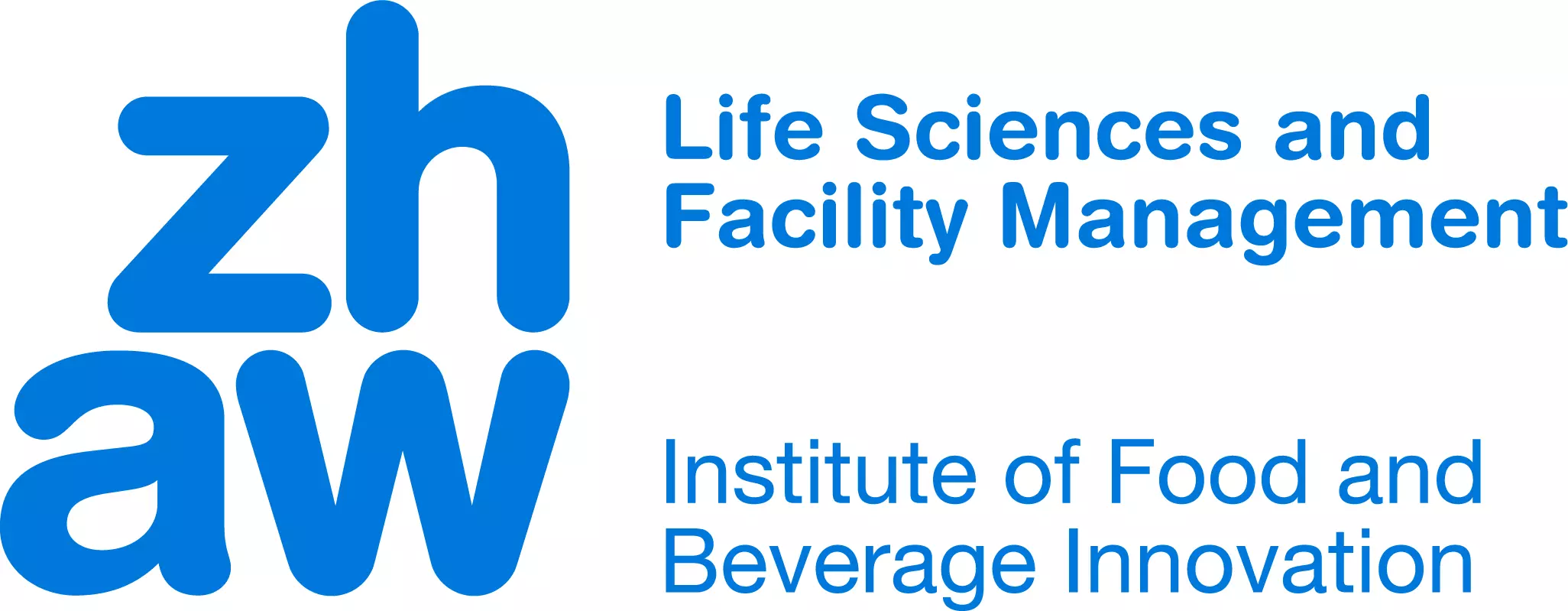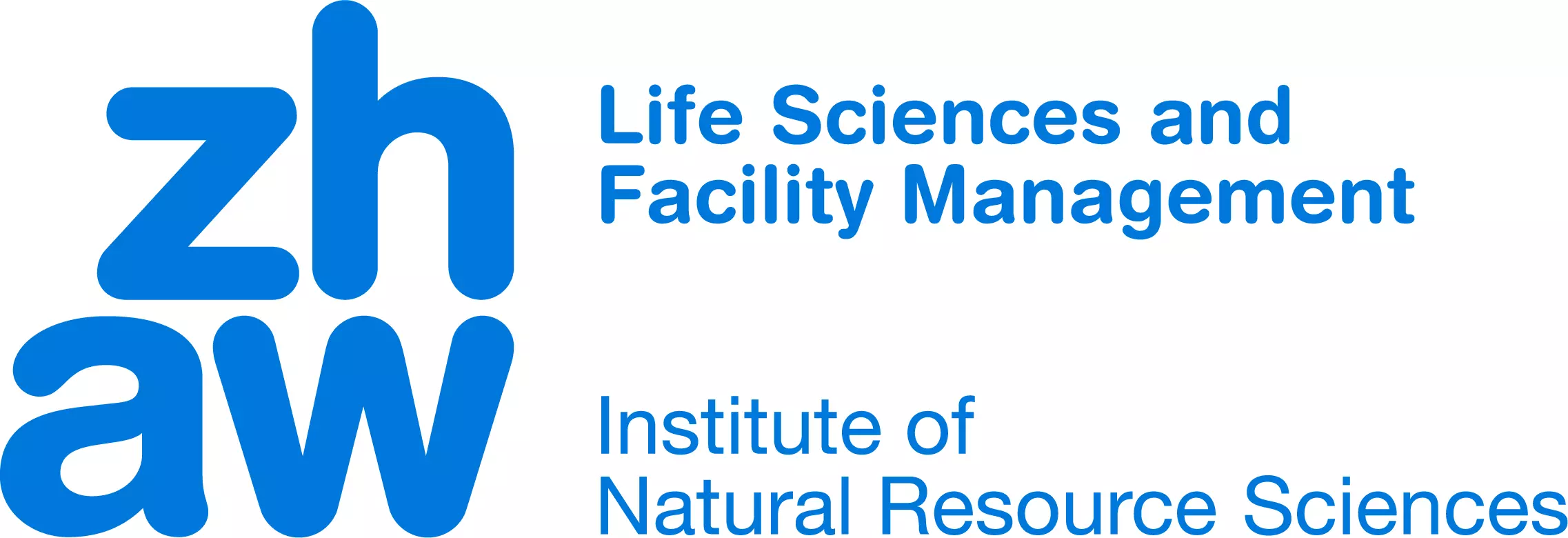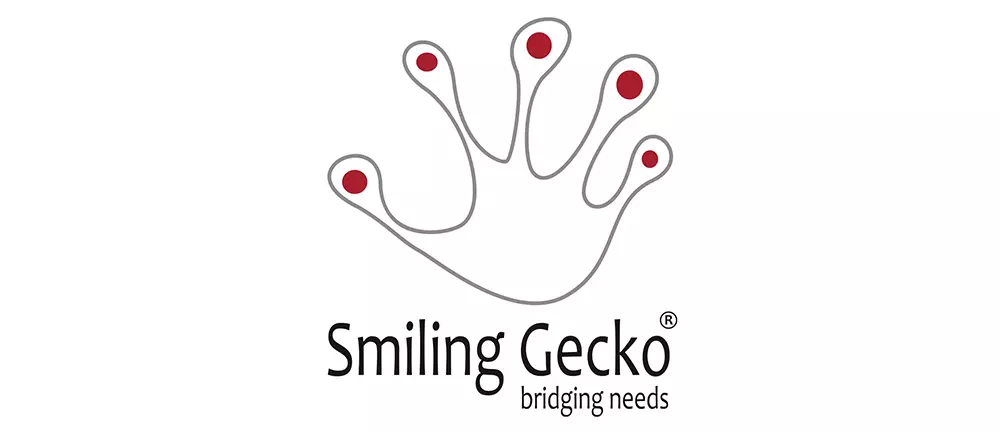Agro Food Project Cases
Alpenweitblick

- Project Partner: ZHAW Life Sciences and Facility Management (Wädenswil), Research Group Tourism and Sustainable Development; Verein TennaPlus
- Project: Innovations- und Kompetenzzentrum für die Alp- und Berglandwirtschaft (IKZABL) / Alpine FoodLab für alpine Esskultur
The project AlpenWeitBlick, a regional development project (Projekt zur Regionalen Entwicklung - PRE) in the Surselva Region of the canton Grisons, aims to develop the Safien Valley as a role model for sustainable mountain development in the three core areas of (1) innovative mountain agriculture, (2) sustainable tourism and (3) inspiring culture. Among other initiatives, the region will become home to a national “Innovation Center for Alpine Agriculture” (Innovations- und Kompetenzzentrum für die Alp- und Berglandwirtschaft, IKZABL) and an “Alpine Food Lab”. The aim is to become the leading center for innovative mountain agriculture and sustainable food production in the Alps, operating both as an information and knowledge exchange platform as well as a “think-and-do-thank” with experimental cultivation and processing spaces for mountain farmers and entrepreneurs interested in the applied research, development, prototyping and implementation of resilient, innovative, future-oriented and diversified food and beverage value chains in mountain areas.
Awareness – Institute of Food and Beverage Innovation

- Project Partner: ZHAW Institute of Food and Beverage Innovation (ILGI)
- Project: Studying, living, eating and getting involved with everyday sustainable practices in Wädenswil.
The project aims to build an open platform together with students on the topics of sustainable living and studying in Wädenswil: sustainable practices including everyday living, use of resources, nutrition, housing, gardening, shopping, living...
The contents for the open and interactive platform are to be developed. Based on previous results of already collected themes and information from students, the platform will be further enhanced and structured. The main aim is to set up an open, interactive information platform on sustainable practices. It is a compilation of knowledge, information, links, offers, and experiences on the topic of sustainable practices in everyday life in Wädenswil.
Basalt

- Project Partners: CMP AG - Hünenberg See ZG; ZHAW Life Sciences and Facility Management (Wädenswil), Research Group Soil Ecology; Sono Global and Argo IPS
- Project: Ground basalt in agriculture - CO2 - Removal and Fertilizer Effect
Basalt removes CO2 from the atmosphere and protects the climate! By grinding basalt there is a CO2 removal effect and at the same time basalt acts as a fertilizer in soil management.
The strategy for CO2 - neutrality in Switzerland by 2050 (or earlier) requires, among other things, the implementation of projects in the area of "carbon removal", i.e. additional CO2 binding via technologies. Many agricultural soils in Switzerland and worldwide are overused. Ground basalt can help to make soils more fertile again as a valuable fertilizer substitute. The EU Commission wants to set up a system to reward farmers and foresters for carbon removal. CO2 storage is intended to help achieve the European Union's climate targets.
Exploring Businessmodels for the Superfood Spirulina

- Project Partner: ZHAW Life Sciences and Facility Management (Wädenswil), Research Group Aquaculture Systems
- Project: Exploring business models for the super food spirulina
We all want to live healthy, and our nutrition is one of the most important contributors. Today, consumers care about the origin of their food, and they are aware of sustainability issues.
Enter Spirulina: a nutritious microalga, heralded as super food. Yet Spirulina is never sold fresh, but only as capsules, powder or at a low percentage in snacks or drinks.
How can the consumption of spirulina be increased (e.g. in the western world)? In what way can spirulina be a part of a sustainable diet? What are potential business models building on the regeneration potential of spirulina? Could fresh spirulina be grown on the countertop of your own kitchen?
In this business case a business plan will be developed to increase the spirulina consumption in an easy and economic way.
Kündig Group

Project Partner: Kündig Group
The Kündig Group is a 100-year-old, family-owned production and trading company of plant-based food ingredients. It has a production facility for frozen fruits in Hungary, an office in Berlin which trades only organic grains, a production company for dehydrated vegetables in Germany and a trading headquarter in Switzerland.
Patiswiss

- Project Partner: Patiswiss
- Project: Regeneration by Patiswiss
Patiswiss AG specializes in processing and refining nuts and seeds into semi-finished and finished products. The company supplies its products primarily to the food industry, retailers and wholesalers, but also to restaurants, bakeries and confectioners. Therefore, it cannot be excluded that the students of the PREFS have already consumed a product containing components produced by Patiswiss.
Patiswiss operates according to the principles of safety, enjoyment and regeneration and has a vision to evolve from a sustainable to a regenerative food producer by 2030. The company maximizes the food safety of its raw materials with its 5-LOG pasteurization system, which makes it possible to reduce pathogenic germs such as Salmonella or E. Coli by 99.999%. The highest quality raw materials are used for processing and, if desired, are also processed in accordance with guidelines from organic, ethical or religious labels and certifications.
The first projects have also already been implemented in the area of regeneration. For example, the production facilities are powered by the company's own photovoltaic system, or ways are found to use side streams to produce as little food waste as possible. In the Agro Food Project "Regeneration at Patiswiss", the PREFS students have the opportunity to contribute the know-how they have acquired during their studies, to work out measures together with Patiswiss and thus to shape the future of the company in an even more sustainable and regenerative way.
Smiling Gecko

- Project Partner: Smiling Gecko
- Project 1: Tilapia4U, Nose to Tail
- Project 2: Organic Vanilla
Smiling Gecko has adopted a holistic approach aimed at improving the quality of life of an entire community through cluster projects. This vision guided the organisation from its very start in 2014, and Smiling Gecko has since created many jobs and apprenticeships in agriculture, tourism and the catering industry, crafts, trade and teaching. Until 2025, there are many more projects in the pipeline, focusing on crafts and industrial production. As the cluster projects are based on commercially viable business plans, they are closely interlinked with the existing economy in the region. The individual projects are to be self-financing in the long run. They are to generate sufficient funds to run the local school and thus secure the education of the next generation. Cluster projects thus create model rural communities that operate as self-sustained entities and offer education and training for gainful employment in proper jobs.
Urban Health Farms

- Project Partner: Urban Health Farms
- Project 1: How to design a circular economy model for indoor vertical farming?
- Project 2: Definition of business models for allegorical market contexts in the Indoor Vertical Farming market
Urban Health Farms aims to revolutionise the way food is produced and distributed through indoor vertical farms at the cutting-edge intersection between agriculture and technology. Compared to conventional farming, indoor vertical farming (IVF) consumes 90% less land, 95% less water, and 100% less chemicals. Optimization of growing conditions and growth recipes allows higher yield rates, while vicinity to consumers cuts down on transportation. A core part of the Urban Health Farm vision is a distribution strategy that reduces carbon emissions, road miles, transportation costs, and distance from farm to market. The entire chain is simplified through Urban Health Farms’ model, which will be developed in populated urban areas in order to grow produce as close to the areas where people live and consume as possible. Urban Health Farms has at least 10 major urban indoor vertical farms under development over the next two years in Europe alone, and an additional 10 in the pipeline in the following year and a half. Indoor vertical farming (IVF) is the most impactful category of urban farming. It allows large scale production of fresh, high nutrient, tasty food, while reducing use of land, water, and chemicals significantly. Due to co-locating the farming activities with urban residential zones, the transport distance is cut from an average 2400 km to a couple of kilometers from point of production to point of consumption.
Wheycation

- Project Partner: Wheycation
- Project: Upcycling Swiss whey: from waste to premium product. Development of a "Waste Value" business model
Every year, 2.8 million tonnes of avoidable food losses occur in Switzerland. Whey, the by-product of cheese production, is a front-runner in terms of the amount lost and the resulting environmental impact. It contains nutritionally valuable ingredients such as high-quality whey proteins, vitamins and minerals. And yet only about 25 % of it is used for food production.
This low use for food is based on the problem that due to the decentralised production of diverse types of cheese in many small cheese dairies, economically worthwhile central processing, for example into whey protein concentrates for sports nutrition, is usually not possible. The decentralised nature and diversity results in high logistics costs and non-uniform whey qualities. Furthermore, low customer acceptance of whey products and a lack of human and financial resources prevent the marketing of larger quantities of whey by the small cheese dairies or dairies themselves.
Wheycation has set itself the goal of developing a "waste value" business model and bringing Swiss whey back into the human diet as an upgraded product. In 2018, Wheycation was founded as wood & field GmbH and two products made from Swiss whey were launched on the market.